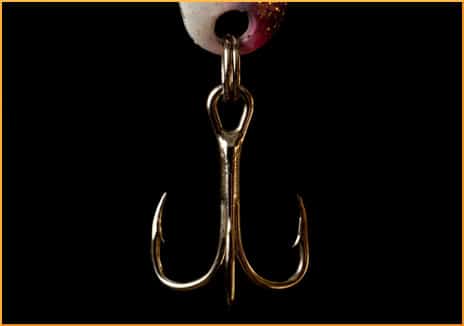
In line with the concept that much obesity in children stems from an addiction to eating, especially of processed foods whose addictive qualities are engineered in, Dr. Pretlow is interested in methods that have been shown to reduce other addictions. Childhood Obesity News is also concerned with such matters as the source of motivation, and whether everybody has to hit “rock bottom” before recovery can take place.
In this post is a brief summary of the autobiographical essay written by a person known online as John McC, who characterizes himself as “an alcoholic or recovered ex-alcoholic, or critic of cults and bad therapy.” Tomorrow’s post will comment on it.
Young John endured a miserable childhood at the hands of a rigidly authoritarian father, and lived for the day when he could leave home. Pursuing higher education at Berkeley, he had a positive psychedelic experience that convinced him to give up suicide as a possible option and left him willing to live, though unsure of how to go about it.
Like so many other young men of that era he entered the armed forces. The Air Force was annoyed by what the military considered as general bad attitude, i.e. pacifism, and by his faked suicide attempts.
Changes
Next came a Taos commune, followed by marriage and a very responsible job that required a security clearance. The drinking started. John McC switched careers and moved to another city, but the drinking “just slowly increased.” Now divorced, he was threatened with loss of child visitation rights if he didn’t quit, at least for the summer.
He went to his first A.A. meeting. On the second evening of abstinence, he suffered an attack of what he believed to be delirium tremens. Afraid even to sleep, he went to a few more A.A. meetings. Now living in a rural area, he stayed sober on his own for three years, as McC reports:
After the first few weeks off of alcohol, I didn’t even have any cravings.
He developed the bravado that comes with denial. At a friend’s birthday party, one beer turned into a nine-year bender that “just slowly got worse.” After relocating to the Pacific Northwest, he figured he had about three years to live. Then came eviction, and John McC found that life on the streets provided “the opportunity to see that the drinking routine just wasn’t working out very well.”
After gaining a place in a homeless veterans’ shelter, he joined the waiting list for an outpatient alcoholism treatment program. A friend took him out for pizza, and he automatically, robotically ordered a beer. Then, an amazing thing happened:
I changed that order for a beer to a lemonade. And that was it.
When this memoir was written, John McC’s last drink was 14 years in the past, and so was his last cigarette. Two addictions became dormant and slunk back into the shadows. But how?
The program McC describes as “another education” involved at least three Alcoholics Anonymous or Narcotics Anonymous meetings per week, and three group therapy sessions, along with acupuncture for cravings reduction, and mandatory urinalysis to keep the participants on the straight and narrow path.
But this addict experienced ethical discomfort about people becoming indoctrinated into what seemed to him very much like a religious cult, at government expense. This is John McC’a personal experience, which Childhood Obesity News neither endorses nor refutes:
I had a slowly dawning realization that something was wrong with the whole thing. Now personally, I think that using or relapsing is a choice, but that rules out the idea that alcoholism is a disease, and the poor alcoholic just can’t help it. So the whole idea that they are “treating” a “disease” needs some rethinking.
Tomorrow: a bit of unpacking and some interpretation.
Your responses and feedback are welcome!
Source: “Autobiography of ‘Orange,’ Author of ‘Orange Papers’,” Orange-papers.org, 2014
Image by Derek Gavey.

 FAQs and Media Requests:
FAQs and Media Requests: 











